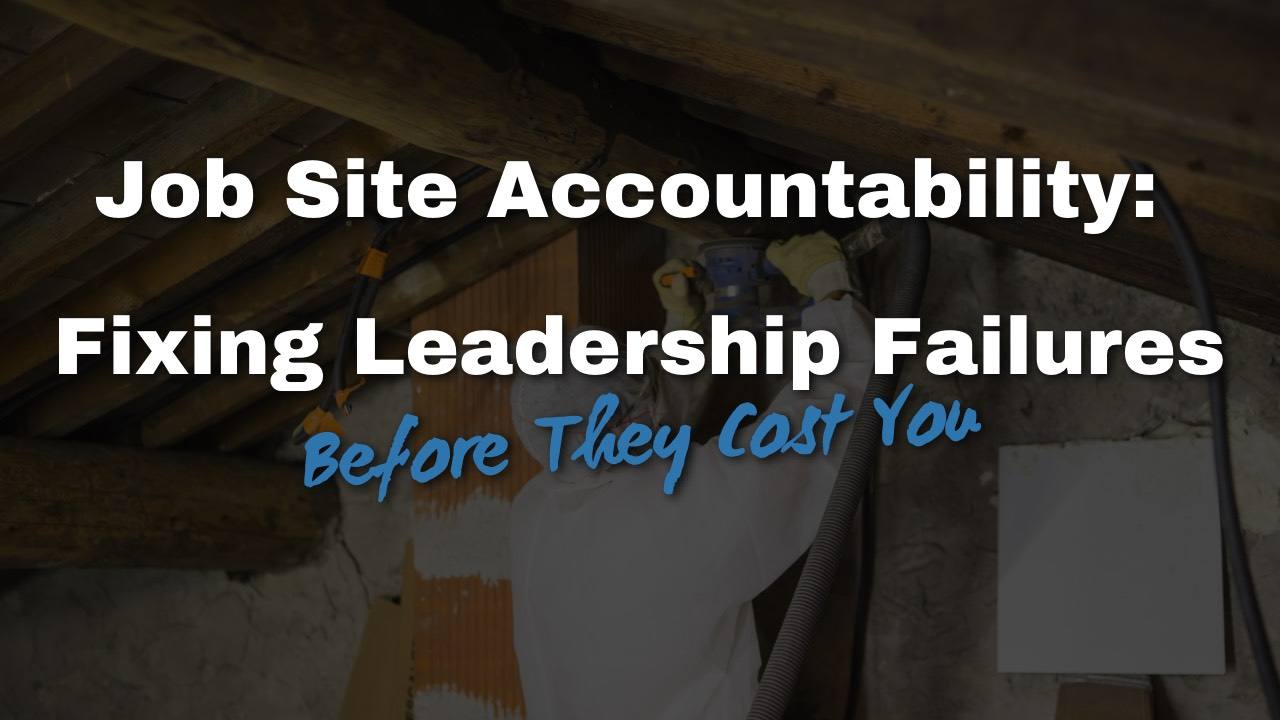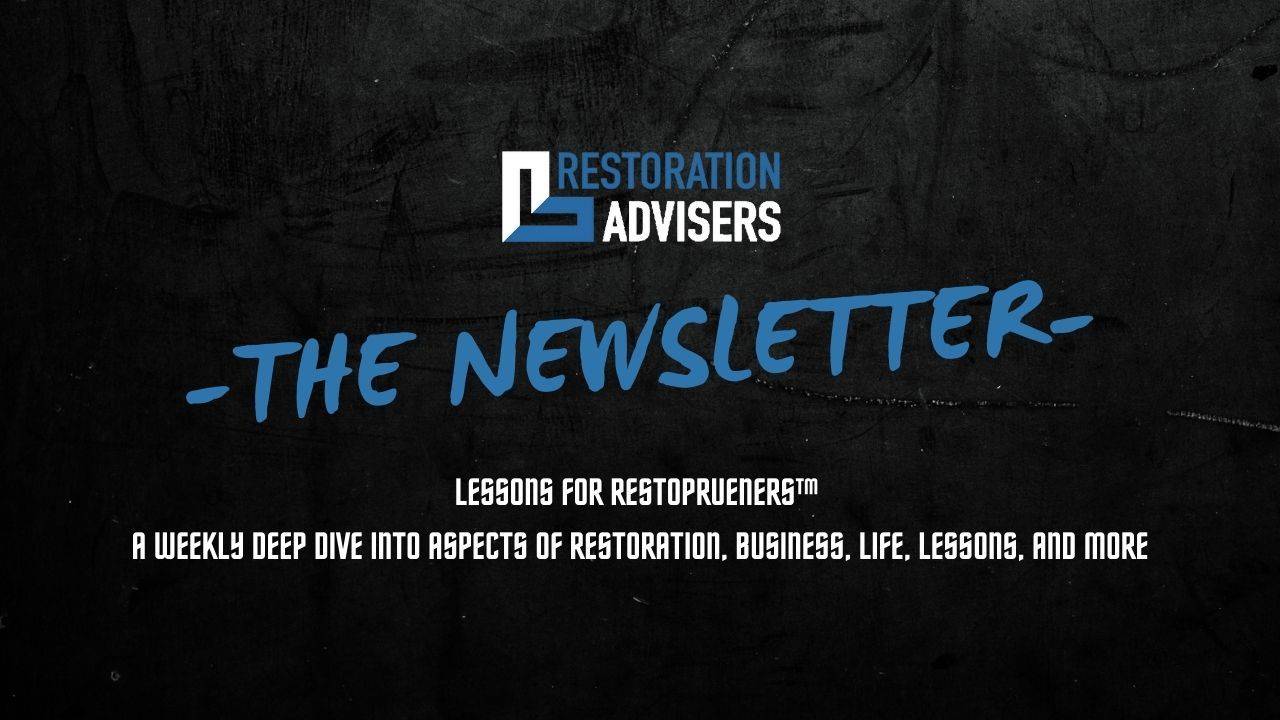The Trap of the “Insurance Specialist” Identity in Restoration
By Klark Brown
In the earliest days of my career, I heard the phrase tossed around often—“We’re in the insurance claims business.” It seemed harmless, even logical. After all, a lot of restoration work does come from insurance-related events. Fires, floods, storms—chaos followed by a claim number.
But here’s the truth: I’ve never seen myself as being in the insurance claims business. And I don’t believe any restorer should. That mindset is a trap. A slow, creeping one that feels helpful at first—but ultimately creates unnecessary risk, struggle, and dependency.
Let’s unpack it.
When You Become the “Insurance Whisperer”
At first, calling yourself an “insurance specialist” feels like a badge of honor. You understand policy language. You know how to work with adjusters. You can help homeowners navigate confusing paperwork. You become the translator between chaos and clarity.
But what you think is a value-add quickly becomes your identity. And the second you start identifying as a claims expert rather than a restoration expert, the power shifts. You stop working for the client and start working with the carrier. Then—almost imperceptibly—you begin working for the carrier.
That’s when the trap closes.
Here’s What You Risk When You Buy Into the Insurance Identity:
- Loss of Client Loyalty When a homeowner or property manager sees you cozying up with their insurance company, their trust in you as an advocate erodes. They start to wonder whose side you’re on. And rightfully so.
- Margin Erosion Insurance work often means dictated pricing, delayed payments, and constant negotiation. The more you align with their systems, the more you absorb their constraints.
- Compliance Exposure If you’re offering too much “help” navigating claims—especially in states where contractors are prohibited from interpreting policies or advising on coverage—you’re walking a legal tightrope. And guess who’s holding the scissors to your safety net?
- Team Confusion Your staff starts modeling your posture. If you act like adjusters are your clients, they will too. Before you know it, your estimators and PMs are prioritizing adjuster feedback over doing what’s right, fast, and fair for the actual client.
You Are Not in the Insurance Business
You’re in the business of restoring lives and property.
You’re a solutions company, not a paperwork company.
Your core service is mitigation and reconstruction, not mediating policy disputes.
You should be known for delivering outcomes, not interpreting coverage limits.
The insurance company is a third party, not a partner. They are a payer. A stakeholder. But not your boss, your client, or your North Star.
What to Embrace Instead
- Educate your clients on their rights and responsibilities—without crossing the line into claim management.
- Position your business as a trusted advisor who works for the property owner, not the claim process.
- Charge what you’re worth based on real scope, not dictated pricing software.
- Refuse to play the game of appeasing carriers at the cost of your values, your team, or your margins.
Final Thought
It’s time for a massive mindset shift in our industry.
You are not an insurance specialist. You are not a claims handler.
You are a Restopreneur™️—a builder, a protector, a leader.
The sooner you leave the trap behind, the faster you’ll grow the business you were meant to build—one that serves people, not process.
Want to dive deeper into building a carrier-independent restoration business? That’s what we do every day at Restoration Advisers.
Let’s build something better—together.
Join the Restoration Business Academy... for FREE.
If you want to learn how to adapt your Client Onboarding to get paid faster, get your clients reimbursed more quickly, and cut out the constant barrage of "negotionations", you'll want to sign up for our "Build" tier.
Our full course on Client Onboarding has reduced AR by close to 40% in 90 days of implementing the process for several of our clients.
You also get access to 1:1 coaching, exclusive content, T&M Billing, and other courses, as well as our Expanded Documents package that has sample Contracts, Work Authorizations and MORE





Responses